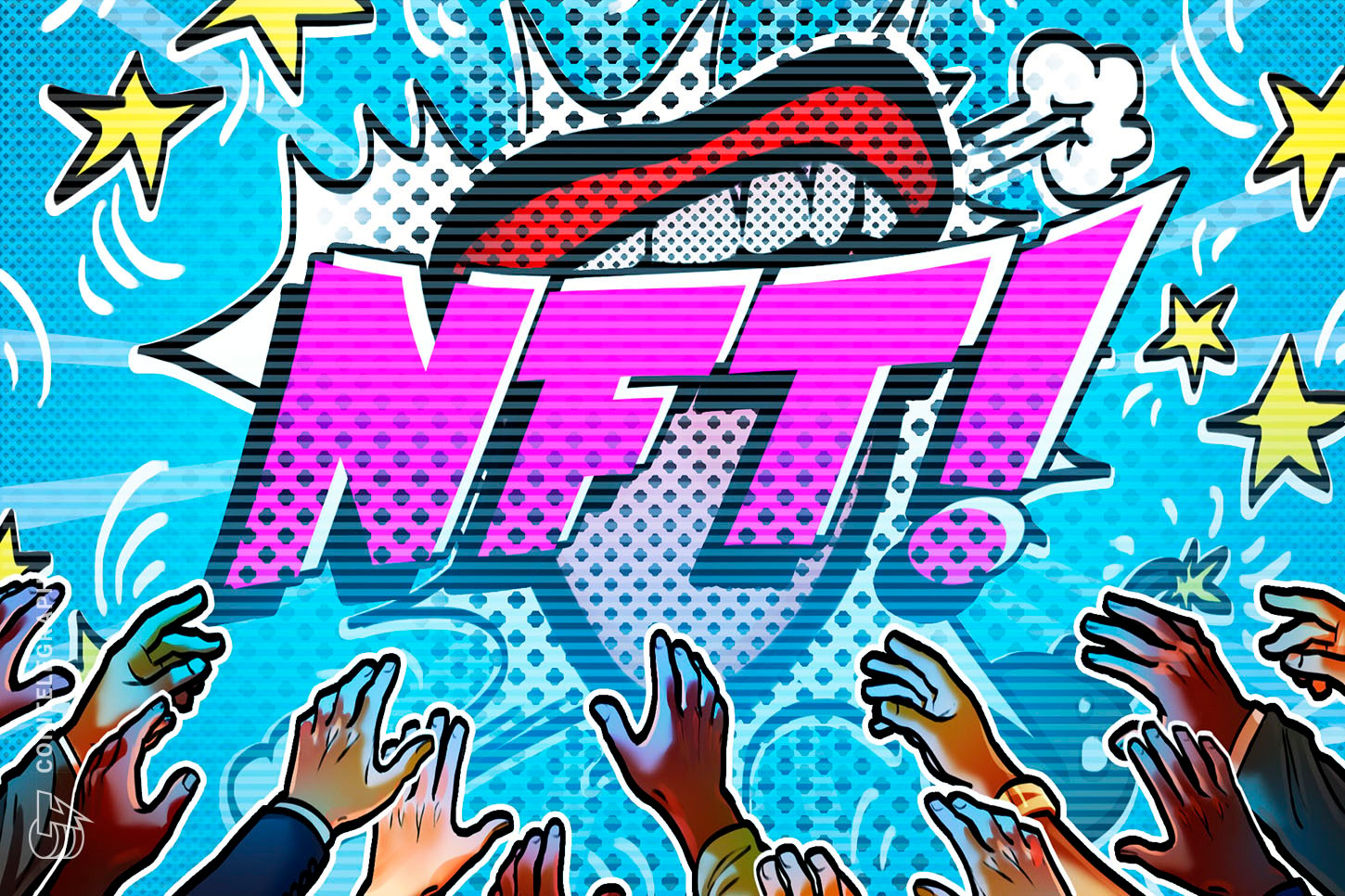It's 2021. Super Bowl champion Tom Brady is starting an NFT company, Christie's is explaining CryptoPunks to everyone, Saturday Night Live is creating jams about NFTs, Beeple and Mark Cuban are advocating NFTs’ use case — yet, here I am, the CEO of a company that helps users securely store their nonfungible tokens and I still think the actual value of NFTs is to be decided.
It's important to back up and remember that, although it seems like we have all always known about NFTs, the opposite is true. Up until this year, NFTs were not only a novelty idea that would never be a story on cable news, but their use case was still being worked out in the blockchain industry. Although the recent hype has been fun, I believe that this current iteration of NFTs is far from the game-changing, revolutionary potential that they can truly unlock for entire industries.
Related: How NFTs, DeFi and Web 3.0 are intertwined
What makes NFTs different from Bitcoin
NFTs are different from all other use cases of cryptocurrencies. Bitcoin (BTC) is considered a fungible store of value, and blockchains like Ethereum, Cardano and Polkadot help developers unlock utility via the blockchain for various DeFi projects. An NFT, on the other hand, is a uniquely generated token that uses the Ethereum blockchain to represent ownership of a digital asset in a way that is unchangeable over time.
Related: DeFi who? NFTs are the new hot stars on the crypto block
With everyone from retired professional wrestler The Undertaker to Lindsay Lohan pushing their own NFTs to take advantage of the trend, this feels far more like Ty Beanie Babies hype than revolutionary tech. Once the trend settles or the bubble bursts, all you are left with is a certificate of ownership that holds no value, which begs the question: Why not just right-click and “save as” to make a copy without spending $69 million?
Related: When dollars meet the hype: The biggest NFT hits from celebrities
This first form should not be the final one
I joke about the current state of NFTs, but I am extremely excited when I think about what NFTs will evolve into in the next decade. The function of having an immutable record of ownership or agreement minted onto a blockchain has such rich potential to impact so many industries. Some of the most exciting use cases beyond the current iteration of NFTs include:
- Real estate: Imagine a near-future where you go to buy a house, and instead of an arduous process of paperwork and communication back-and-forth with the bank, you can simplify the process by exchanging an ERC-721 (the standard NFT token based on Ethereum) from the original owner to you.
- Licenses and records: Opening bank accounts, renting an apartment, transferring the title of a car or trying to buy cold medicine at the local drugstore — all of these things require tangible verifications through ID and certified paperwork. What if, instead, you could have your licenses and records verified on the blockchain as NFTs?
- Tangible goods: Even further out in the future, NFTs could help us claim ownership of tangible goods and give power, through verifiable ownership, back to people who are victims of theft. Imagine someone stealing your bicycle or a priceless piece of jewelry passed down in your family. If you can link ownership of these things with an NFT on a blockchain, there is no deniability to the item's true owner.
Related: The rise of NFTs must be accompanied by further decentralization
Even this year’s Oscars are getting in on NFTs. That isn’t even half of the use cases, with entertainment copyrights, gaming assets and more also being developed in DeFi right now.
Ultimately, NFTs are fun and a fundamentally good idea. However, when money and status are the two most significant factors in driving something's value, the industry has to take a deep breath and avoid turning people away from the innovation before the real revolutionary use cases are available. Right now, people are willing to buy a meme for $500,000, and although I think they are missing the real value that NFTs have to offer, I only hope people stick around to see what NFTs can really do.
This article does not contain investment advice or recommendations. Every investment and trading move involves risk, and readers should conduct their own research when making a decision.
The views, thoughts and opinions expressed here are the author’s alone and do not necessarily reflect or represent the views and opinions of Cointelegraph.
This opinion article presents the contributor’s expert view and it may not reflect the views of Cointelegraph.com. This content has undergone editorial review to ensure clarity and relevance, Cointelegraph remains committed to transparent reporting and upholding the highest standards of journalism. Readers are encouraged to conduct their own research before taking any actions related to the company.


